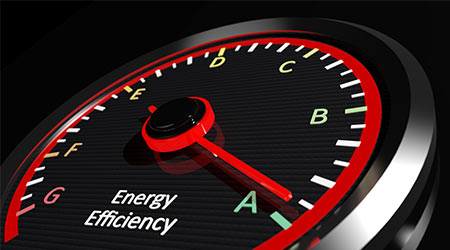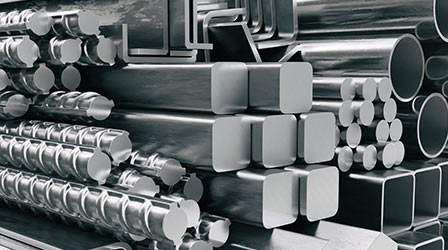
NRDC: Heat Pumps Can Improve Energy Efficiency
March 13, 2018
Energy efficiency, global warming and greenhouse gases have grown into concerns for all maintenance and engineering managers. As managers search for their commercial and institutional facilities to become more sustainable, a new ally may be on the horizon.
Northeastern states are developing the market for super-efficient electric heat pumps to warm and cool homes and businesses, enabling a significant reduction in greenhouse gas (GHG) emissions from buildings in the region. A new report commissioned by NRDC shows heat pumps can provide a clean, efficient, and affordable option in a region where oil and propane furnaces are widespread, according to a blog from the NRDC.
Fossil fuels burned onsite account for about 30 percent of U.S. emissions from buildings, and this percentage is growing as states get more clean electricity from the wind and sun. Electric heat pumps enable buildings to transition away from using fossil fuels, and to tap into the growing supply of renewable electricity.
The report reviews the policies and programs in Northeast states—New England plus New York—to identify the key factors driving the success of nascent programs that encourage use of heat pump technology. Many of the lessons from the Northeast are relevant to developing the heat pump market in other regions as well. Key insights include the need to engage and train heat pump installers and distributors early-on, and finding ways to value both the electricity savings and the fossil fuel savings from switching to heat pumps.
Market development for heat pump technology is in the early stages and initiatives in the region are beginning to show results. This study, conducted by Vermont Energy Investment Corporation for NRDC, focuses on ductless heat pumps used for space heating, which represent the most common and rapidly growing heat pump technology in the Northeast. Many of the lessons learned and recommendations are also applicable to other heating technologies, such as ducted heat pumps and heat pump water heaters.
More detail on these and other insights from the Northeast are available in the full report. These findings are important and timely as other regions such as California and the Pacific Northwest are considering ways to leverage this technology to save energy and reduce customer bills, air pollution, and GHG emissions.
This Quick Read was submitted by Ryan Berlin, managing editor of Facility Maintenance Decisions.
Next
Read next on FacilitiesNet












